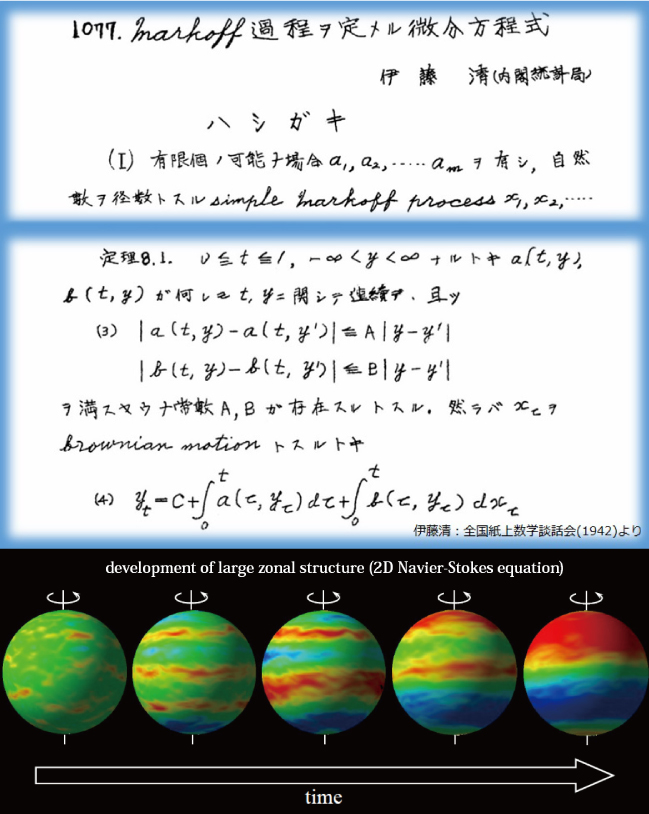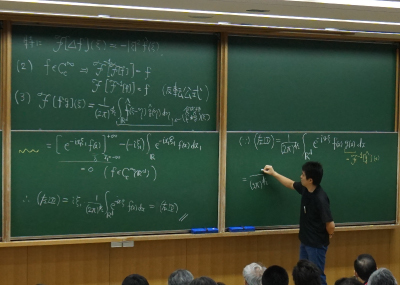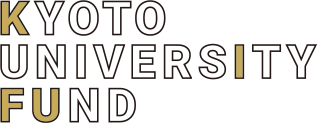Project Support Fund
Kyoto University Mathematical Sciences Research Fund
Promoting research and training the next generation of leaders in mathematics and mathematical sciences
Mathematics is a science that focuses on abstract numbers, shapes, and structures. For that reason, people tend to think that it has little connection to the real world, but in fact it is used everywhere as the technical foundation underpinning our society. At the same time, while mathematics is one of humankind’s oldest areas of scholarly learning, with thousands of years of history, it is also a dynamic scientific field, in which new areas of inquiry are constantly being developed even today. Since its establishment in 1963, the Kyoto University Research Institute for Mathematical Sciences has also successfully pioneered a number of new areas and has produced many globally recognized achievements.
Mathematics and mathematical sciences (sciences that seek to use mathematics to solve issues that arise in various scientific fields) are closely related disciplines, and the Institute, believing that the two should be pursued together, has been carrying out cutting-edge research in all fields of mathematics and mathematical sciences (e.g., applied mathematics, computer science, and mathematical physics).

In order to carry on the Institute’s historical legacy, strengthen its research capacity, and further develop the fields of mathematics and mathematical sciences, it is more important than ever before to create an environment that allows innovative young people to freely carry out their research. This fund was established as a cornerstone of that effort.
By creating a more flexible research system to develop talented young people who represent the next generation, and by expanding international joint research, the Institute will work to serve as a driving force for the development of the mathematics and mathematical sciences, and to share the results of its work with society and contribute to the world.

Fund applications
Category
Content
Support for education and research
Support and training programs for young researchers and graduate students
International exchange programs, such as promotion of international joint research
Social contribution activities
Promotional work, such as activities to popularize mathematics and mathematical sciences
For more information, please visit
the Research Institute for Mathematical Sciences website

